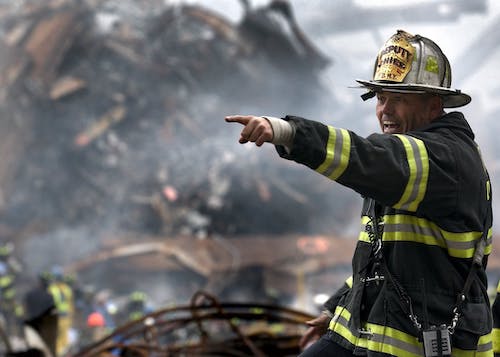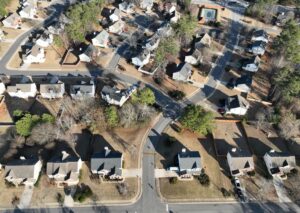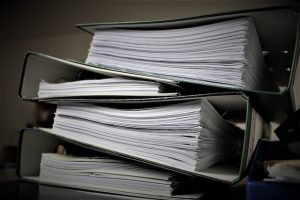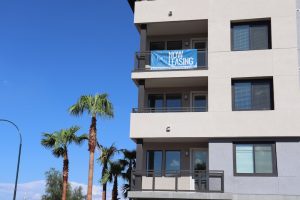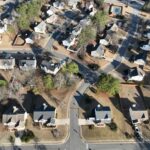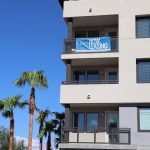Natural disasters can cause millions of dollars in damage. The tornado that hit Joplin, Missouri in 2011 caused about $2.8 billion in property damage. Those who do not have property insurance struggle the most. But, when it comes to property taxes, natural disasters can definitely have an effect.
Decrease in property values
Property taxes can drop after a disaster such as a flood, wildfire, hurricane, earthquake or tornado. Fair Assessments LLC reported that the property values fall after a natural disaster, because the area has been damaged. According to Balance, customers don’t want to live in a city which is sometimes flooded or hit by a tornado. As the houses are more difficult to sell, property taxes decrease, because they are mainly calculated based on property market value.
How much value the house will lose depends on its location and how damaged it was. Some studies show that when it comes to actual floods, the property value decreases from an average of 15% up to 60%. Sometimes the nearby properties that have not been directly affected by the disaster still drop in value.
Increase in property values
But there is no guarantee that property taxes will drop after a natural disaster.
Forbes reported that Federal Reserve Bank of Dallas conducted a survey and found out that the “typical hurricane strike raises house prices for a number of years, with a maximum effect between 3 to 4% three years after occurrences.”
So property taxes could raise either naturally or artificially. Here is how it happens.
After a natural disaster the city government can propose to temporarily increase the property tax rate if the money allocated for rebuilding is not enough. For example after hurricane Harvey, the mayor of Houston, Sylvester Turner, proposed to increase property taxes with 8.9% to cover the costs. He ended up not doing so as the federal government offered the city $50 million.
Another scenario can be that the improvements and renovations after the disaster increase property value and therefore, taxes. As the natural disaster is over, a lot of money is allocated from the government or raised by different organizations and private citizens. The money is then spent to rebuild the area the way it was or sometimes better. If it is not the region generally affected by natural disasters, the property values my increase.
This scenario may not be attractive for tax payers in the area, but as Forbes reports, can be useful for real estate investors as property values have a tendency to rise after natural disasters. But even in this case the cost of repair may become an issue.
Property tax relief
A lot of people don’t even know that they are eligible for tax relief after a natural disaster and can save thousands.
According to the Internal Revenue Service (IRS) those people whose tax records are located in a covered disaster area are “affected taxpayers” and are eligible for special benefits. Affected taxpayers can be individuals, business entities, sole proprietors and shareholders in an S Corporation. They can apply for extended deadlines for tax filing. The IRS provides different tax reliefs for various natural disasters that have happened in the U.S., including the Hurricanes Dorian, Michael, Florence, Harvey, as well as for California Wildfires.
But in some cases, the government allows the citizens not to pay property taxes based on the value of property they lost. According to Net, this happened to people living in Nebraska, whose properties were destroyed or significantly damaged during a natural disaster.
Gumbiner Savett Inc. reported that most California counties allow damaged properties to be re-valued so that they reflect a reduction in value. The claims should be filed to the county assessor.



